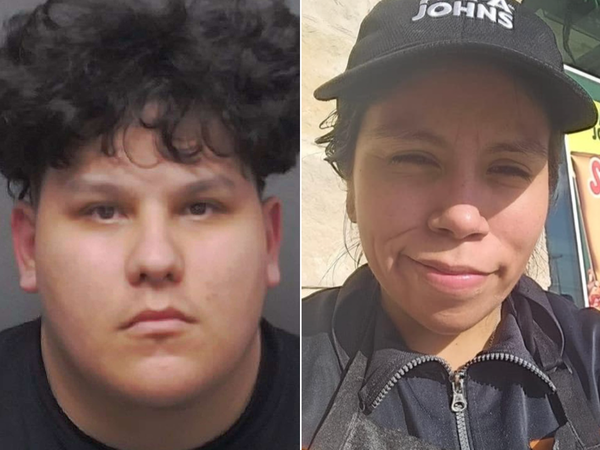
Having wrapped up Pitch Perfect, her trilogy on an all-girls a-capella group, producer-director-actor Elizabeth Banks turns to a reboot of Charlie’s Angels. The popular American TV show from the 1970s, which made stars of Farrah Fawcett, Kate Jackson, Cheryl Ladd and Jaclyn Smith, had earlier been adapted as the action-comedy films Charlie’s Angels (2000) and Charlie’s Angels: Full Throttle (2003) with Drew Barrymore, Lucy Liu and Cameron Diaz.
Banks has directed the film, written the screenplay (based on a story by Evan Spiliotopoulos and David Auburn), and also plays Bosley. In her version, Townsend, a security and investigative agency, has expanded into a global network. Highly trained "Angels" are now stationed in several cities around the world under different handlers, all named "Bosley". In keeping with tradition, archangel Charlie remains faceless – heard but never seen.
Mouthy Sabina (Kristen Stewart) and skilled fighter Jane (Naomi Scott) are members of this covert outfit. They zip across the globe from Rio to Istanbul fighting crime. One assignment brings them to Hamburg, where Elena (Ella Balinska), the lead scientist on Calisto, an energy project, is caught in an ethical dilemma. A glitch in the software means that, in the wrong hands, Calisto could become a deadly weapon.
Banks gets the soundtrack right, and the costumes and hairstyles are impressive. But the action set-pieces are not, and the story itself is a weak spy thriller with a collection of caricatured men, such as Patrick Stewart as a retired Bosley and Sam Claflin as Elena’s boss, Brock. The one character with some originality is The Saint, a wellness guru played by Luis Gerardo Mendez. While Stewart and Scott show some flair for action and enjoy the scant moments of mischief, Balinska is tepid from start to finish.
Banks pulls out all the stops during the end credits. It’s a fun couple of minutes spent identifying the guest cameos, including former Angel Jaclyn Smith, MMA star Ronda Rousey and Pitch Perfect cast member Hailee Steinfeld. But overall, Charlie’s Angels is weighted towards style, window-dressing and action tropes rather than an original and committed depiction of girl power.







